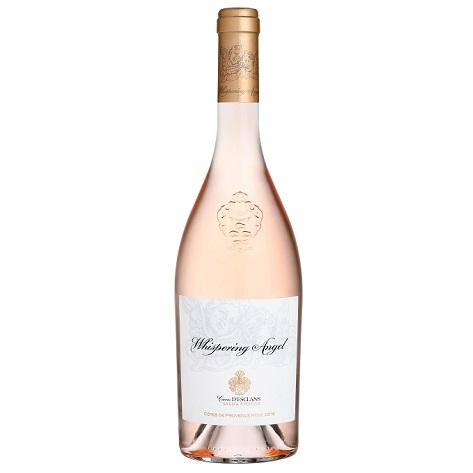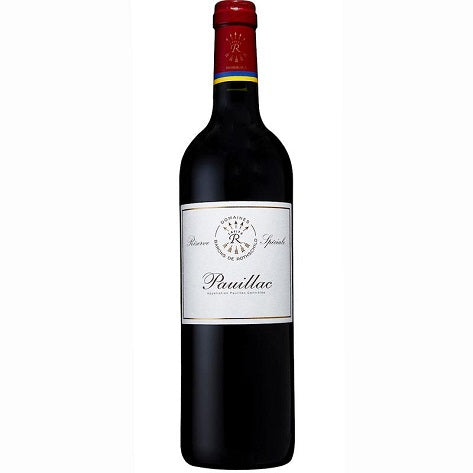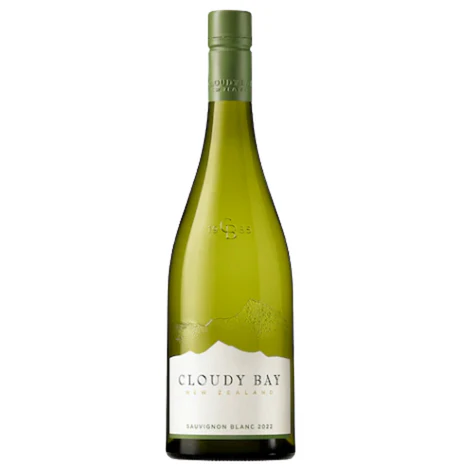Alvis Drift 221 Chenin Blanc 2022
£13.95 per bottle
ABV 13.5%
Tasting Notes
This special Chenin Blanc is named in honour of Alvi, the 221st player to put on a Springboks jersey. This wine is made exclusively using free run juice from selected grapes and is fermented using wild yeasts. 25% is aged in French oak and acacia barrels to give complexity and depth, the remainder of the wine is fermented in steel to preserve elegant fruit character. Intense aromas of tropical fruit, nectarine with subtle vanilla notes. The palate is creamy with luscious fruit and notes of ripe lemon, while the refreshing acidity is beautifully balanced.
Food
Enjoy this wine with lightly grilled white fish, calamari or roast chicken.
Media
Tim Atkin South Africa 2024 report awarded 89 points.
Region
The Worcester wine region is South Africa`s largest and highest producing region, it is located 100km or a one and a half hours drive east of cape town. The district is sheltered by mountain ranges on every side creating a rain shadow that causes the area to be particularly hot and dry meaning irrigation is essential here, locals source this water from the nearby Brandvlei Dam. There are varying styles in the district due to the topographical variations, most grapes are grown in the gently rolling, more fertile valley floor, where the higher quality grapes are typically made from vineyards on the surrounding slopes, here the soils are better draining and suit lower yielding vines.
Producer
The Alvi’s Drift estate, based in the Breede River valley, is named after a bridge that was built across the river, which was commissioned in 1928 by the family as a means for the locals to cross safely. The estates founder Albertus Viljoen ‘Oupa Alvi’ notoriously scored the Springboks first try against the All Blacks on African soil. Today, his grandson Alvi van der Merwe is the winemaker and long side the vineyards, cultivated the land for fruit orchards and livestock herds, both dairy and free-roaming game. The family is committed to sustainability, giving back to the land, but also going beyond farming practices, helping local communities wherever possible, as this is fundamental to their values.







